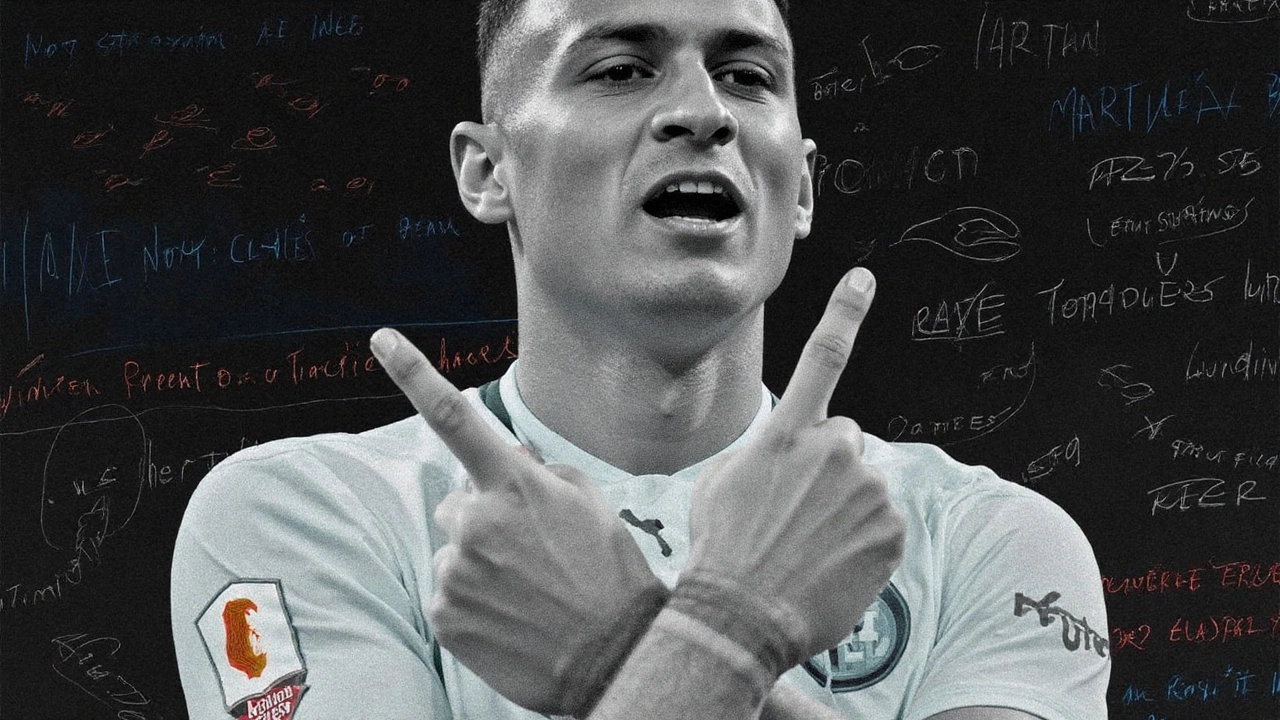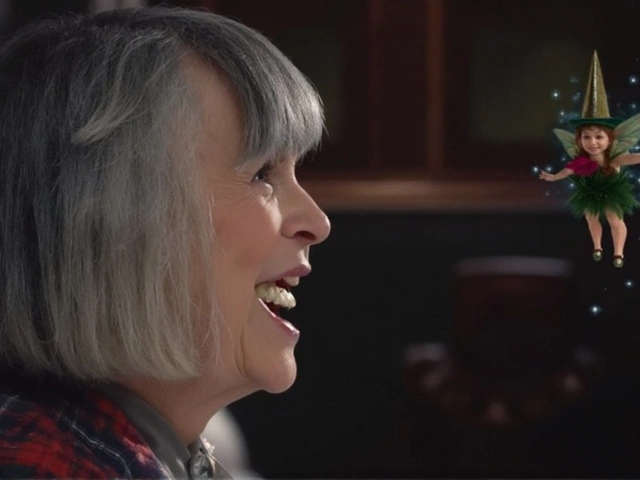The 2025 Ballon d'Or ceremony unfolded in the historic Théâtre du Châtelet in Paris, turning the spotlight on a night of firsts, records, and a few unexpected twists.
Ousmane Dembele’s Road to the Ballon d'Or
Paris Saint‑Germain’s French winger Ousmane Dembele finally lifted his first Ballon d'Or 2025 after a season that blended blistering speed, technical finesse, and clutch performances in both Ligue 1 and the Champions League. He finished the campaign with 18 goals and 12 assists in all competitions, a contribution that propelled PSG to a domestic double and a deep run in Europe.
Dembele’s rise wasn’t a sudden flash; it built on a three‑year stretch where he consistently featured among the league’s top creators. His decisive goal against Bayern Munich in the quarter‑finals and a hat‑trick against Lyon in the Ligue 1 finale were cited by the voting panel as key moments that tipped the balance in his favour.
Even with strong competition from Barcelona’s teenage prodigy Lamine Yamal and a host of veteran stars, Dembele’s blend of consistency and big‑match impact made him the clear favorite heading into the ceremony. His victory marks the first time a PSG player has taken home the men’s Ballon d’Or, underscoring the club’s growing stature on the global stage.

Aitana Bonmati’s Historic Triple Triumph
On the women’s side, Barcelona’s Aitana Bonmati made history by securing her third consecutive Ballon d’Or, becoming the first woman ever to achieve a three‑peat and only the third player overall to claim the award three times in a row. Bonmati’s 2024‑25 season saw her dominate the Primera División and the UEFA Women’s Champions League, netting 28 goals and providing 14 assists.
Her leadership extended beyond the pitch; Bonmati captained Barcelona to an unprecedented treble, and her influence in high‑pressure moments—most notably a last‑minute winner in the Champions League final—was highlighted by voters as a testament to her clutch pedigree.
The back‑to‑back success not only cements Bonmati’s legacy but also raises the profile of women’s football across Europe, inspiring a new generation of players to aim for sustained excellence.
Beyond the headline awards, the night honoured a wide range of achievements. The men’s Kopa Trophy for best young player went to Lamine Yamal, whose dazzling dribbles and 12‑goal tally signalled a bright future. In the women’s equivalent, Barcelona’s Vicky Lopez was recognised for her emerging impact.
- Women’s Johan Cruyff Trophy (Best Coach): England manager Sarina Wiegman
- Men’s Johan Cruyff Trophy (Best Coach): PSG’s Luis Enrique
- Women’s Yashin Trophy (Best Goalkeeper): Chelsea’s Hannah Hampton
- Men’s Yashin Trophy (Best Goalkeeper): Manchester City’s Gianluigi Donnarumma
- Men’s Gerd Müller Trophy (Top Scorer): Arsenal’s Viktor Gyökeres
- Women’s Gerd Müller Trophy (Top Scorer): Barcelona’s Ewa Pajor
- Men’s Club of the Year: Paris Saint‑Germain
- Women’s Club of the Year: Arsenal
One of the ceremony’s biggest surprises was the low placement of Manchester City’s Erling Haaland, who finished 26th despite scoring 34 goals across all competitions. Analysts linked his slide to City’s underwhelming domestic campaign and an early Champions League exit, illustrating how team performance still heavily influences individual voting.
The event, hosted by CBS Sports’ Kate Scott and former Dutch star Ruud Gullit, highlighted football’s truly global reach. Winners hailed from France, Spain, England, Italy, and Sweden, underscoring the sport’s competitive balance and the ever‑expanding talent pool.
As the night drew to a close, the football world was left with fresh storylines: Dembele’s breakthrough, Bonmati’s record‑setting streak, and the rise of young stars poised to rewrite the next chapter of the beautiful game.







